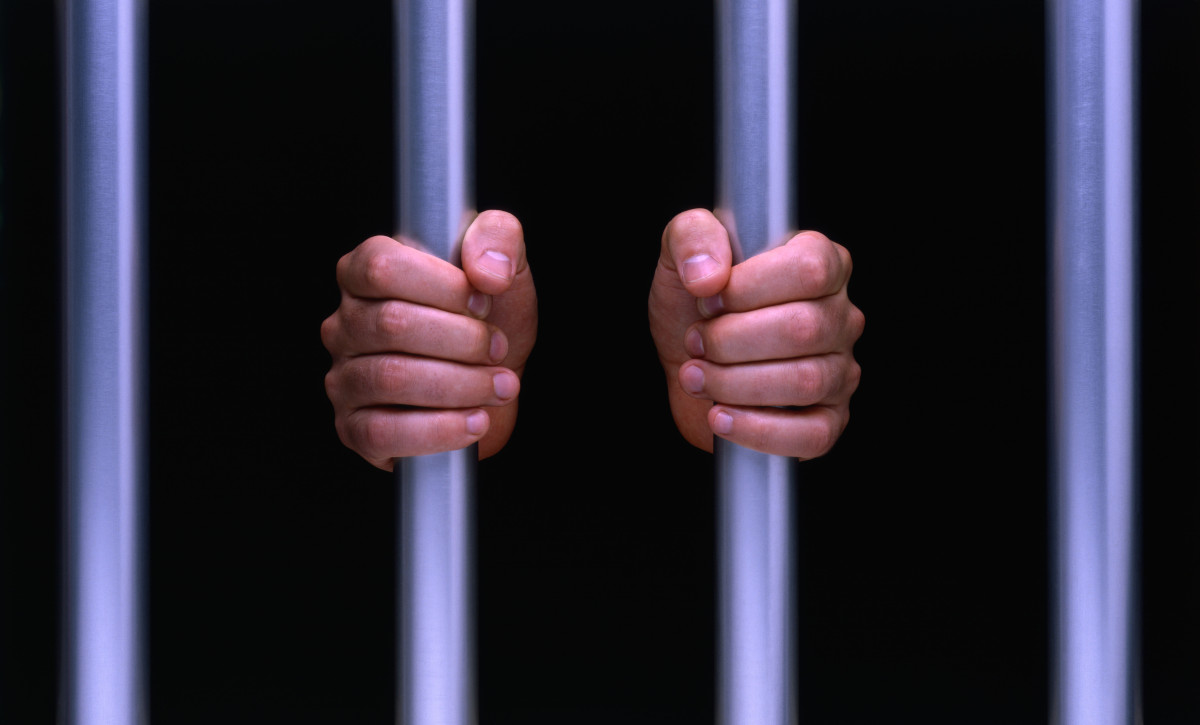
While watching an episode of the TV show, Locked Up Abroad, it dawned on me the hassles involved with getting arrested in a foreign country.
I had never thought much about it before seeing this show. But after seeing some recent episodes, I decided to do some research and have more informatioon on prison, and share my findings with you. A US arrest is bad enough. Dealing with an arrest in a foreign country is nightmarish. Therefore, if you have a warrant issued against your name you risk being arrest during any interaction with law enforcement officers. You may even be visited by police looking to execute the warrant at your home, place of employment or even at friends and families residences. For the arrest warrant look up you can go through this.
Traveling to new and exciting places can leave you in awe. Beautiful scenery. Beautiful people. Beautiful culture. Beautiful history. Beautiful memories created for years to come. But if you end up in the grasp of the criminal justice system of a foreign government, your worst nightmares will come to life. Contrary to what some people will tell you, merely following the laws and staying out of trouble isn’t the answer. As most people of color throughout the United States, and they will quickly give you many examples how being a good citizen who follow the laws won’t make a difference.
It may surprise you to learn there are more than 3000 Americans arrested abroad annually, and that’s just the ones that got reported. I surmise there are dozens more that we don’t know about. Try not to become one of them. And before I get too far, let me clear something up. The rights of the accused that you may expect in the United States’ system are not guaranteed in other parts of the world. If you’re lucky enough to get arrested in a UN-member nation, there are some minimum standards of treatment you can expect. But when you look at the list, several of them have a reputation for having a corrupt government and an equally corrupt police force (i.e., Iraq, Mexico, and Afghanistan). I wouldn’t be very hopeful if I came into contact with cops in those places. Government and police corruption are pretty bad in some places throughout the United States. It’s far worse in many foreign locales. You can go the United Nations’ website to find a complete list of countries that are UN members.
Keep in mind that the standards of justice won’t be what you may think. Don’t be foolish enough to expect that you’re always guaranteed to have a speedy trial, protected against self-incrimination, or be tried by an impartial jury of your peers. Depending on the country you’re in, don’t be surprised if the local fuzz laughs at you when you tell them you have the right to remain silent all while they’re trying to beat a confession out of you. Now, of course this is a bit exaggerated; you won’t face that sort of treatment in most places. But, please don’t think you have nothing to worry about either. That could happen. More on that later. So, what should you do/expect when arrested in a foreign country? Here are the basics.
First, you should be allowed to communicate with the US Embassy there. Many places will gladly allow you to make that call to the Embassy, well, those UN-member nations will; however, you’ll have to ask for it. They won’t usually offer it to you. The Embassy won’t do very much to help you though, beyond getting a message to friends or family members back home. They’ll even help you find legal assistance, though it will still be your responsibility to work out payment arrangements.
Second, be prepared beforehand. Brush up on some of the basic laws of the places you’re visiting. If you go to Venice, you could be jailed and fined up to $700 for feeding birds in public. Bhutan in the Himalayans has a country-wide ban on cigarettes. It is illegal to smoke or to even be in possession of cigarettes while in the country. You’re also prohibited from transporting cigarettes into the country. This is important to know before you go. If you’re a smoker, you’re better off leaving your cigarettes at home. That’s why it’s good to be familiar with the basic laws of the places you’re visiting. Obviously it is impossible to know every possible infraction that could land you in jail. But a few carefully crafted Google searches can help you learn the big ones. You’re not likely going to face big trouble for feeding the birds or smoking a Newport. But if illegal narcotics are involved or if you commit any type of fraud or theft, you won’t be going home for a very long time.
Third, be mindful of your travel companions. If you’re straight and narrow and your buddy gets busted for distribution of heroine, you don’t want to get caught up in her drama. So, know something about her. Same is true of people you might meet in your hotel. They may seem nice, but you don’t always know what a stranger is up to. Saying to the cops, “I didn’t do it.” or “I didn’t know what she was doing.” will only cause the cops to give you the side eye.
Lastly, cooperate. This isn’t time to be a smart-ass. This also isn’t time to show them how much you know about the law, because your legal background – whether you were formally trained or you’re a jailhouse lawyer – has no bearing outside the United States. If you happen to be friends with the US Secretary of State or some American Ambassador, keep that to yourself too. Nobody will care. It might make things worse. Be agreeable and cordial and don’t make waves.
With the tens of thousands of Americans who travel overseas every year, the odds that you’ll get entangled with the police is very low. But that doesn’t mean you needn’t think about it; however, with a greater awareness and by following these tips, it will help you fare a more favorable outcome if you do.
Bon Voyage!
























